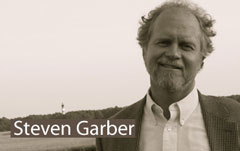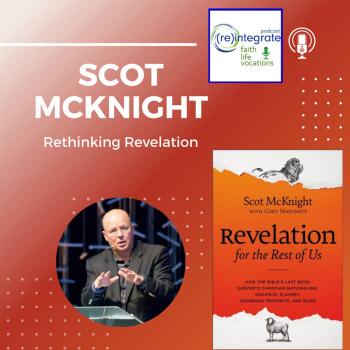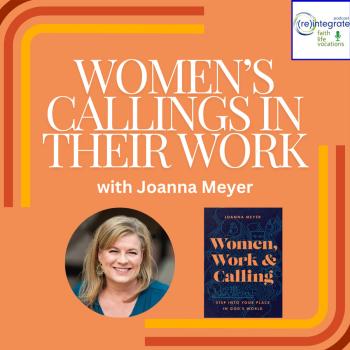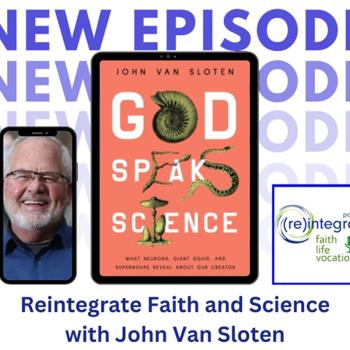Purpose and its Relation to Work.
I have long wondered about “Wednesday cars.” Do you know the story? The locals have long known that it is not a good idea to buy Friday or Monday cars off the assembly lines in Detroit; rather the street wisdom is that one should always choose a Wednesday car. The reason is that on Friday and Monday good cars are not made, because the weekend is in-between. And as life is lived for the weekend, where meaningful life is finally found, then if at all possible, choose a Wednesday serial number. The hard truth is that the mind-numbing nature of assembly-line labor, Detroit-style, is hard to care about—and in the end we don’t want to buy cars made by people who don’t care about their work.
So hear these words.
“Meaning, then, is something like a responsibility — not merely a need. It resides and resounds, like the human experience, between us. It transcends the narrow confines of the self — and connects us, through the power of grace and purpose, to the human world around us. It is the act of investing in what we profess to care about; in caring about what we profess to love; in not merely ‘expressing our values,’ but valuing that which is worthwhile in lasting human terms, and so arcing the trajectory of not just our own tiny lives, but those of the people around us, towards the just-glimpsed sunrise of mattering.”
So writes Umair Haque in an essay, “Finding Meaningful Work Is Not a First-World Problem” (Harvard Business Review). It is a perceptive thesis, seeing something in us as human beings that transcends centuries and cultures, political economies and social conditions. One of the truest truths is that we are perennial people. Our truest hopes and deepest fears do not change; in fact, we cannot change because the contours of our existence do not change. We are sons of Adam and daughters of Eve, from the beginning of the story all the way to its end.
So of course meaning matters. Haque continues:
“For meaning is the essence of what it means to be human; you and I, homo sapiens, search constantly for tiny flickers of meaning in every tangle and buzz of the world around us, and it defines our experience not just as living things — but as human beings. It isn’t a first world problem — but a human challenge.”
And it is so for everyone everywhere, whether we work in Detroit or Mumbai, whether we grow cotton or make hamburgers, whether we teach five year-olds or fix broken bones, whether we build houses and neighborhoods and cities or create songs and stories. Meaning matters for all of us, human beings that we are.
(Thanks to Madison Perry for passing the essay on.)













